The wildest ideas coming from the Queensland election from minor parties
Bans on 5G, creating a new Aussie state and taking “toxic poison” out of tap water are just some of the wacky ideas coming out of Queensland.
A record number of minor parties, with ideas like banning 5G, creating a new Aussie state and taking “toxic poison” out of tap water, are making serious noise in the Sunshine State.
There’s now less than a week to go before Queenslanders go to the polls in the state election, and the only thing you can say with certainty is that they’re not short of options.
There are 597 candidates and 12 registered political parties vying for votes on October 31 — that’s 144 more candidates than in 2017.
And, while their policies may seem wacky to some, Griffith Business School Professor Emeritus John Wanna said that minor parties have polled strongly in the regions — where residents say they feel “left behind by the major parties”.
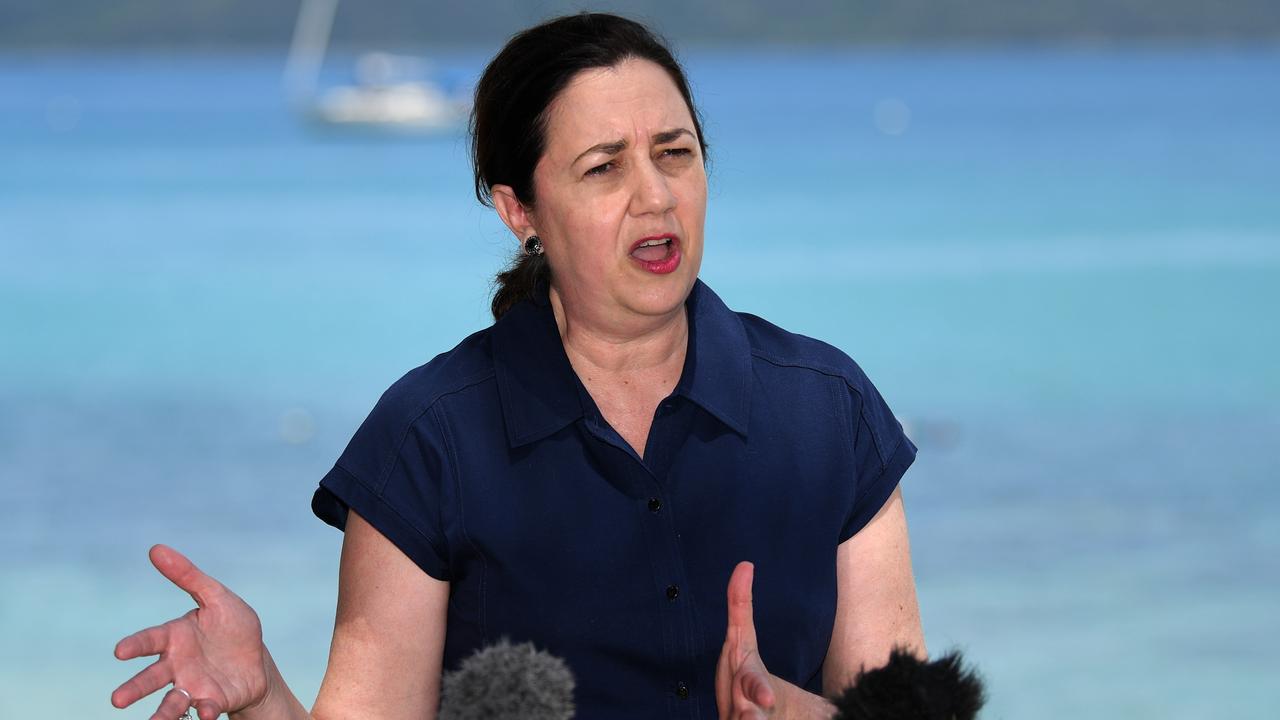
He said this has been exacerbated by the economic fallout of the pandemic.
“The major parties can’t be all things to all people, especially in a decentralised state like Queensland,” he said
“The border lockdowns were relatively popular in the southeast, but regional centres like Cairns, Townsville and Mackay have seen the bottom drop out of their tourism industry, with dire consequences for the local economy.”
He said minor parties like Katter’s Australia Party, Clive Palmer’s United Australia Party and One Nation are leading the charge regional Queensland.
However, they are not the only ones competing for votes. Here’s a look at some of some of the minor parties and their key ideas.
INFORMED MEDICAL OPTIONS PARTY
The Informed Medical Options Party wants to ban compulsory vaccinations and 5G, and remove fluoride from all water supplies.
It was formerly known as the Involuntary Medication Objectors Party and its candidates will appear on ballots across one-third of the state.
The party regularly anti-lockdown posts on Facebook and last week it brought in controversial chef Pete Evans in an attempt to raise its profile.
The former My Kitchen Rules judge took part in an almost hour-long interview with state party leader Allona Lahn, who encourages all parents to homeschool their children.
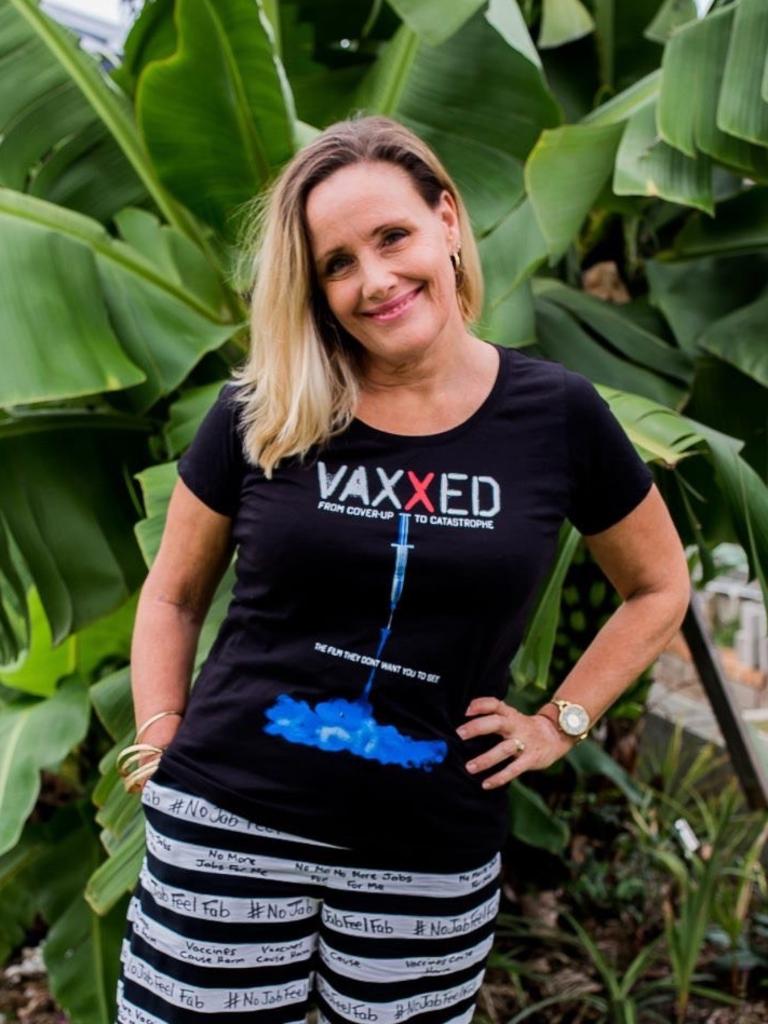
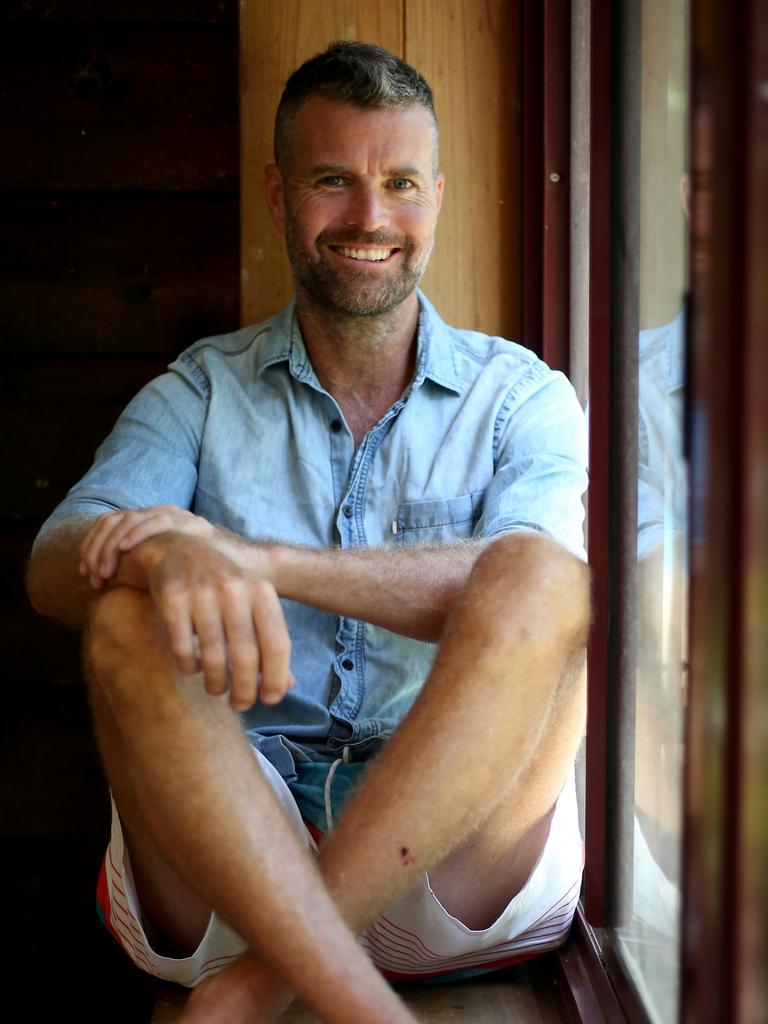
“Maybe sunlight could be the best vaccine in the world, maybe good nutrition could be the best vaccine in the world, maybe self love, and maybe hugs and connecting to other human beings,” Evans said in the interview.
In March 2020, Tom Barnett, a party candidate in the 2019 federal election said “you can’t catch a virus; it’s impossible” and “the only way that you can catch a virus is by having it injected into your bloodstream”.
The party also wants a ban on 5G “until independent studies have been done and safety levels assessed on human, animal health and the environment.”
Its main aim is to “eliminate mandatory health policies, and to provide the Australian people with choice when it comes to their way of living.”
NORTH QUEENSLAND FIRST
After he was booted out of the Liberal National Party last year following harassment allegations (the woman who made the complaint has since withdrawn it and apologised), member for Whitsunday, Jason Costigan has gone out on his own.
One of the main policies of his new party — North Queensland First — is to create a seventh Australian state by splitting Queensland in two.
The plan has been dubbed ‘Quexit’.
He reckons North Queenslanders are getting a raw deal in terms of infrastructure spending from the billions of dollars the region makes from mining, sugar, cattle and tourism.
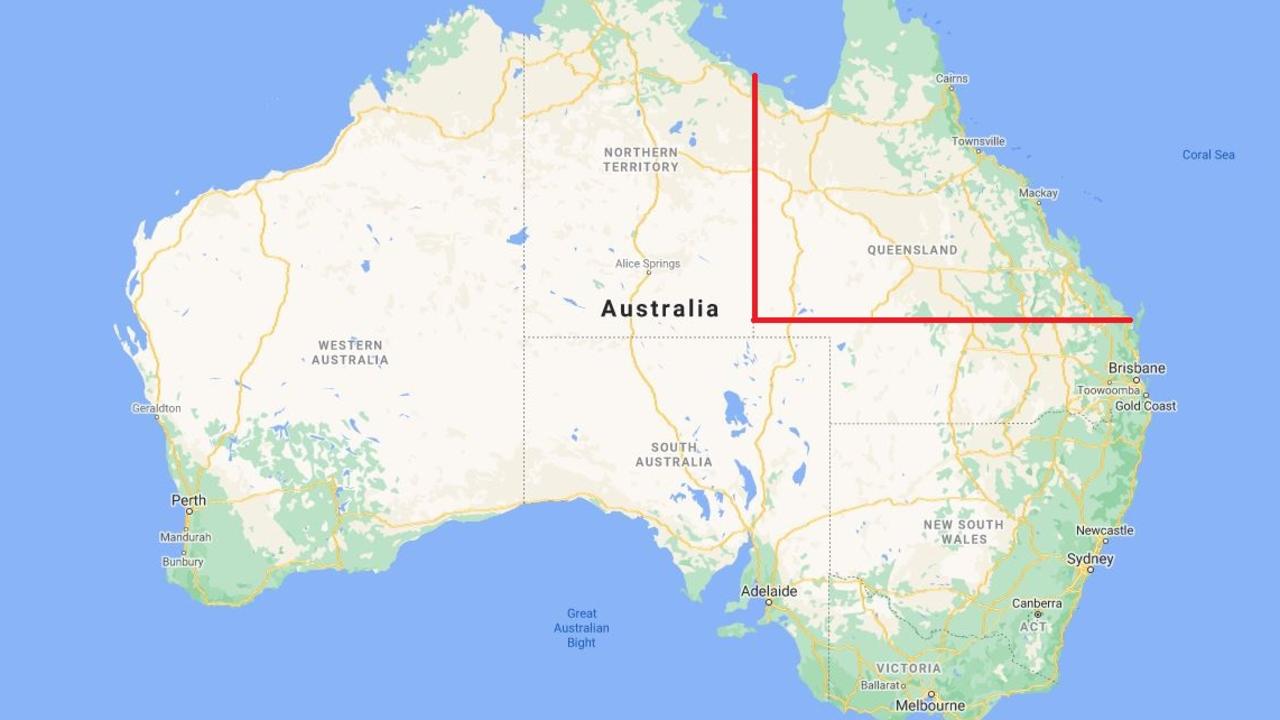
He said North Queenslanders also want to be able to “shoot crocodiles and burn coal” without being lectured to by the city-dwellers in Brisbane.
“The government in the southeast of the state is sucking the life out of north and central Queensland, and it will continue to until there’s a 21st century version of a civil war unless we finally do something about it,” he told news.com.au.
He also backs a radical $100 billion plan to link the world’s biggest iron ore fields in WA’s Pilbara region with the Bowen Basin coal mines in north Queensland — a distance of more than 3300km — by rail.
Dubbed Project Iron Boomerang, it is predicted the project would double the value of our two biggest exports — iron ore and coking coal — which are the crucial ingredients to make the first stage of steel.
Mr Costigan said he was amazed that neither of the major parties had revisited the idea in the lead-up to the October 31 poll, especially given the impact of COVID-19.
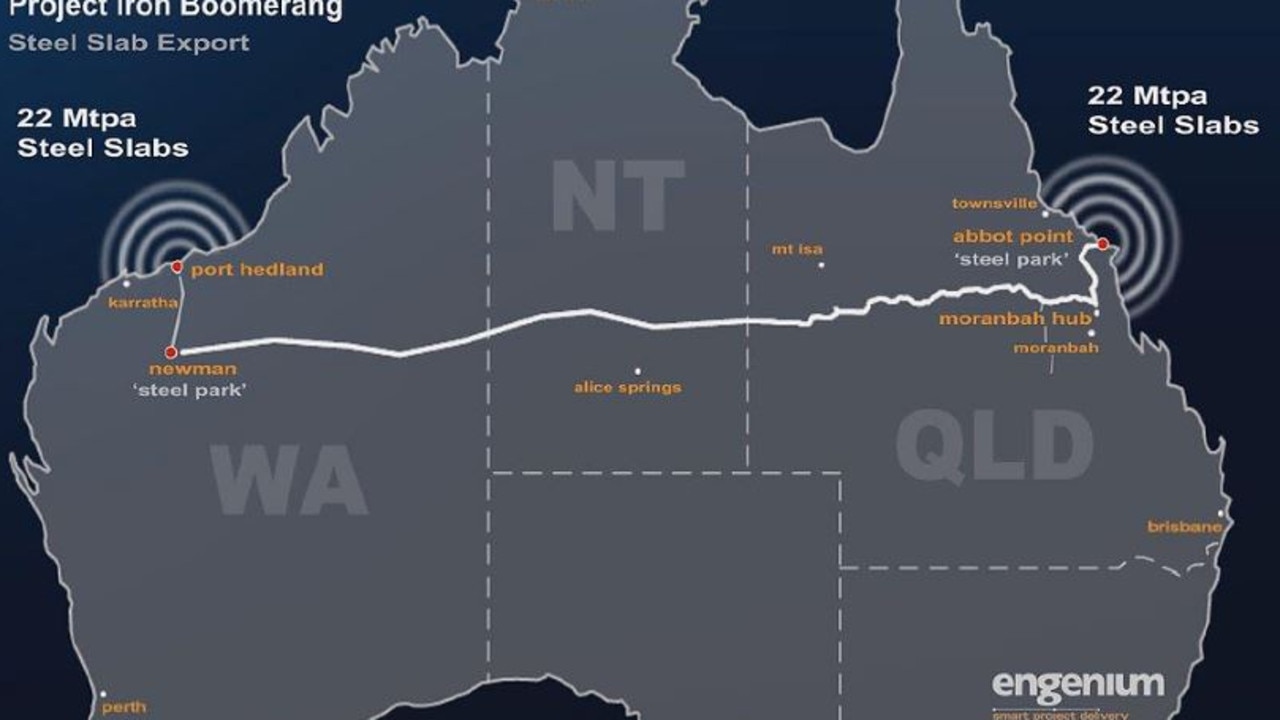
“I guess that just proves that the LNP and Labor doesn’t understand the north or doesn’t care about the north or probably both when you think about it,” he told the North Queensland Register. “I believe we can go back to the future and resurrect that industry and deliver a vision for a transcontinental railway.”
North Queensland First is contesting five seats in North Queensland – Whitsunday, Mirani, Burdekin, Townsville and Cook, four of which include rural areas.
CIVIL LIBERTIES AND MOTORISTS PARTY
This party’s main aim is to “reinstate an ethical distance between government and business” and one of its crucial goals is to end tolls and the building of any more toll roads.
However, it also has a raft of positions on everything from banning genetically modified organisms (GMOs) to cutting the salaries of politicians.
It also aims to remove fluoride from Queensland’s tap water calling it a “TOXIC POISON” on its website.
RELATED: 214 votes that could decide the Queensland election
RELATED: The clear favourite to be Qld Premier
RELATED: ‘Accidental Premier’s’ incredible rise
It claims fluoride has “little benefit in preventing dental caries, and is actually harmful to human nervous and skeletal systems”.
“We will put an immediate stop to this outdated and ill-informed practice,” its website states.
The party is fielding candidates in 16 different electorates.
WHAT CHANCE DO THEY HAVE?
Professor Wanna said minor parties could benefit from an ‘anti-Brisbane’ sentiment in the regions – something that could be exacerbated by the state government’s decision to keep Queensland’s borders closed during the pandemic.
He also said the end of Queensland’s optional preferential voting system had also improved the prospects of minor-party candidates.
“Voters have enormous choice this time around – many seats have nine or ten candidates,” he said.
“Queensland is well-known for embracing minor parties, and now voters will be voting down the ticket, which could produce some unexpected results.”
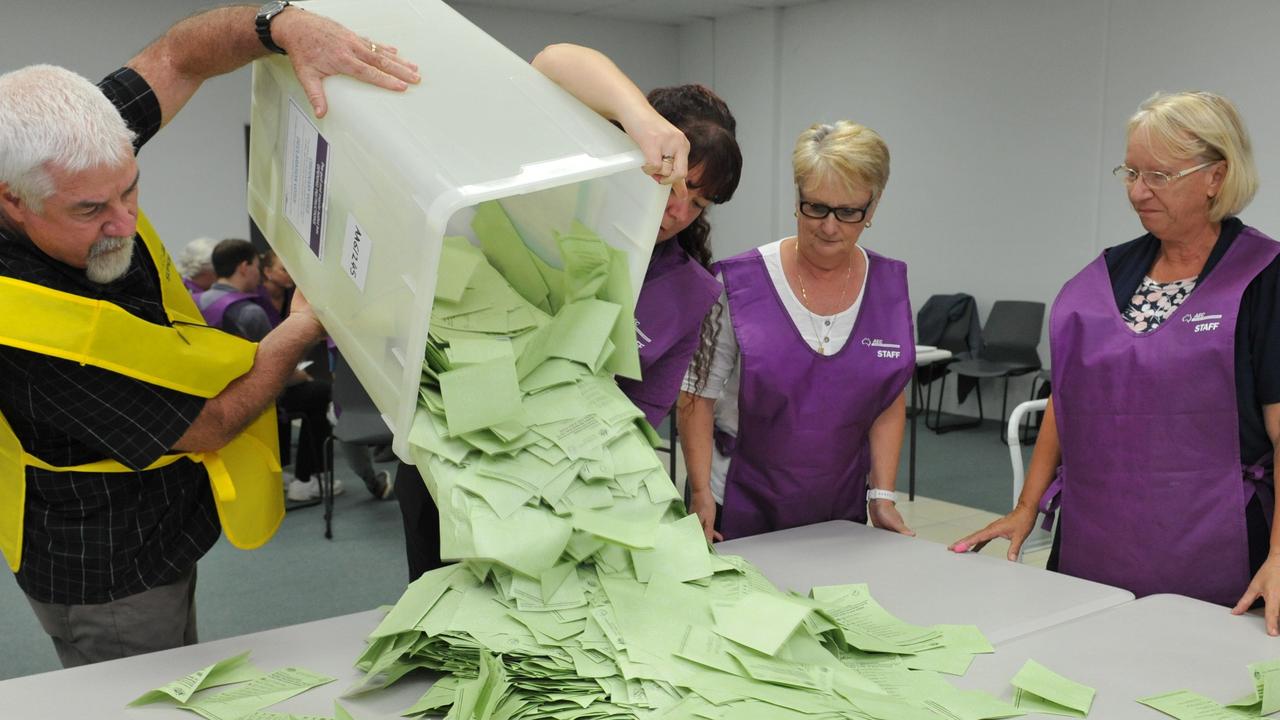
This could be an election for the history books, with large numbers of postal votes and pre-polling meaning most Queenslanders may vote before election day on October 31.
While minor parties may not be able to field volunteers at polling booths on election day, Professor Wanna said many independent candidates and micro-parties had managed to reach voters through social media.
“Traditionally, independent candidates and minor parties have struggled to secure media coverage, but we’ve seen candidates running effective campaigns via social media,” he said.
“We’ve seen many younger voters reject the major parties and support some of these single-issue parties that have a strong presence online.”




